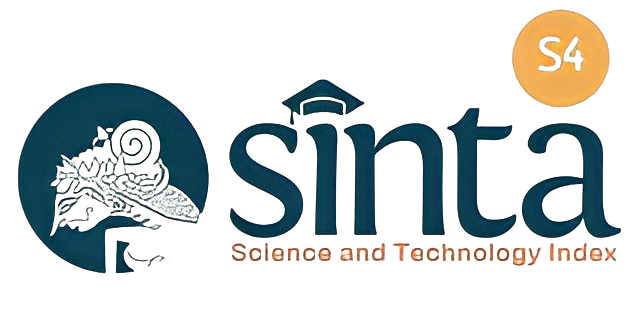Menakar Kembali Otoritas Ulama: Antara Kesalehan dan Komodifikasi Agama
DOI:
https://doi.org/10.14421/jkii.v8i2.1349Keywords:
Otoritas, Ulama, Kesalehan, KomodifikasiAbstract
Di satu sisi, ulama harus bisa menjaga kesalehan agama dan prinsip-prinsip yang telah ditetapkan dalam Islam, namun di sisi lain mereka juga harus menghadapi tekanan untuk mengikuti tren dan mengkomodifikasi agama demi mendapatkan keuntungan. Otoritas ulama merupakan salah satu aspek penting dalam Islam, yang bertugas sebagai pemimpin spiritual dan pemberi fatwa (keputusan) bagi umat Islam. Kini dengan bantuan media sosial ulama dapat mentransfer fatwa sekaligus melakukan praktik komodifikasi agama secara lebih mudah. Hal tersebut seperti apa yang dilakukan oleh Khalid Basalamah antara otoritasnya sebagai ulama dengan manhaj salafinya dan ambigurita bisnis yang ia miliki. Artikel ini mencoba untuk menakar kembali otoritas ulama dan membedah praktik kesalehan dan komodifikasi agama yang dilakukan oleh Khalid Basalamah. Dengan menggunakan studi analisis isi dan teori sosial otoritas Max Waber penelitian ini menemukan bahwa Khalid Basalamah mencerminkan bagaimana ketiga jenis otoritas Weber (rasionallegal, kharismatik, dan tradisional) berinteraksi dan bercampur dalam konteks otoritas ulama yang menghadapi tekanan antara menjaga kesalehan agama dan mengikuti tren bisnis. Khalid Basalamah terdorong untuk menjual produk-produk dengan branding agama demi meningkatkan popularitas dan pendapatan. Namun, terlalu banyak terpaku pada aspek komodifikasi dapat menjadi boomerang bagi otoritas ulama, karena dapat menurunkan martabat dan kesalehan ulama di mata umat.
[On the one hand, clerics must maintain religious piety and the principles set out in Islam, but on the other hand they must also face pressure to follow trends and commodify religion for profit. The authority of the ulama is one of the most important aspects of Islam, serving as spiritual leaders and fatwa (decree) givers for Muslims. Now, with the help of social media, ulama can transfer fatwas as well as commodify religion more easily. This is what Khalid Basalamah has done between his authority as a cleric with his salafi manhaj and his business octopus. This article tries to reassess the authority of the ulama and dissect the practice of piety and commodification of religion carried out by Khalid Basalamah. Using a content analysis study and Max Waber’s social theory of authority, this research finds that Khalid Basalamah reflects how Weber’s three types of authority (rational-legal, charismatic, and traditional) interact and mix in the context of clerical authority that faces pressure between maintaining religious piety and following business trends. Khalid Basalamah is compelled to sell products with religious branding to increase popularity and revenue. However, too much focus on the commodification aspect can be a boomerang for the authority of the ulama, as it can lower the dignity and piety of the ulama in the eyes of the people.]
Downloads
References
“Ada 204,7 Juta Pengguna Internet Di Indonesia Awal 2022 | Databoks.” Accessed December 29, 2022. https://databoks.katadata.co.id/datapublish/2022/03/23/ada-2047-jutapengguna-internet-di-indonesia-awal-2022.
Brown, Nathan J. OFFICIAL ISLAM IN THE ARAB WORLD. Washington, DC: Carnegie Endowment for International Peace Publication, 2017.
Butler, Judith, Eduardo Mendieta, and Jonathan VanAntwerpen. The Power of Religion in the Public Sphere. Columbia/SSRC Book. New York: Columbia University Press, 2011. http://site. ebrary.com/id/10449825.
Campbell, Heidi A., and Ruth Tsuria. Digital Religion: Understanding Religious Practice in Digital Media. 2nd ed. London:Routledge, 2021. https://doi.org/10.4324/9780429295683.Casanova, José. Public Religions in the Modern World. Chicago:University of Chicago Press, 1994. http://catdir.loc.gov/catdir/ toc/uchi051/93037485.html.
“Disebut Haram Oleh Ustaz Khalid Basalamah, Ini Fakta-Fakta Menarik Tentang Wayang - Regional Liputan6.Com.”Accessed December 29, 2022.https://www.liputan6.com/regional/read/4886984/disebut-haram-oleh-ustaz-khalidbasalamah-ini-fakta-fakta-menarik-tentang-wayang.
Fealy, Greg, and Sally White. Expressing Islam: Religious Life and Politics in Indonesia. Indonesia Update Series. Singapore:Institute of Southeast Asian Studies, 2008. http://bvbr.bibbvb.
de:8991/Ffunc =service&doc_library= BVB01&doc_number=018968966&line_number=0001&func_code=DB_RECORDS&service_type=MEDIA.
Firdaus Wajdi, Choirul Mahfud, and Ika Yunia Fauzia. “The Changing Trend of Islamic Pop Culture in Indonesian Reform Era.” Epistemé: Jurnal Pengembangan Ilmu Keislaman 13, no. 1 (June 6, 2018): 173–93.https://doi.org/10.21274/epis.2018.13.1.173-193.
Habermas, Jürgen. The Structural Transformation of the Public Sphere: An Inquiry into a Category of Bourgeois Society.Place of publication not identified: Polity Press, 2015. http://158 Vol. 8 Nomor 2, Juli-Desember 2023 rbdigital.oneclickdigital.com.
Hasan, Noorhaidi. “The Making of Public Islam: Piety, Agency, and Commodification on the Landscape of the Indonesian Public Sphere.” Contemporary Islam 3, no. 3 (October 2009): 229–50. https://doi.org/10.1007/s11562-009-0096-9.
Hjarvard, Stig. “The mediatization of religion: A theory of the media as agents of religious change.” Northern Lights: Film and Media Studies Yearbook 6, no. 1 (June 1, 2008): 9–26. https://doi.org/10.1386/nl.6.1.9_1.
Hoover, Stewart M. “Religion in the Media Age.” The Expository Times 113, no. 9 (June 1, 2002): 300–305. https://doi.org/10.1177/001452460211300904.
Hoover, Stewart M., and Knut Lundby, eds. Rethinking Media, Religion, and Culture. Thousand Oaks, Calif: Sage Publications, 1997.
“Hukum Memajang Foto Profil Di Medsos | Ust. Khalid Basalamah, Lc - YouTube.” Accessed February 28, 2023. https://www.youtube.com/shorts/bEaJ_hC7c8E.
“Khalid Basalamah Minta Maaf Soal Ceramah Tentang Wayang.” Accessed December 29, 2022. https://www.cnnindonesia.com/nasional/20220215080103-20-759232/khalid-basalamahminta-maaf-soal-ceramahtentang-wayang.
Lundby, Knut. “Public Religion in Mediatized Transformations.” In Institutional Change in the Public Sphere, edited by Fredrik
Engelstad, Håkon Larsen, Jon Rogstad, Kari Steen-Johnsen, Dominika Polkowska, Andrea S. Dauber-Griffin, and Adam
Leverton, 1st ed., 241–63. Views on the Nordic Model. DeGruyter, 2017. https://www.jstor.org/stable/j.ctvbkk05k.15.
Makiah, Zulfa, Noorhaidi Hasan, Ali Sodiqin, and Lisda Aisyah. “A CONVERGENCE IN A RELIGION COMMODIFICATION AND AN EXPRESSION OF PIETY IN HALAL SERTIFICATION” 20 (2022).
Muhammad bin Ismail Abu Abdillah al-Bukhari. Sahih Bukhari Juz 4. Beirut: Dar Touq an-Najah, 1422.
Muhammad Qasim Zaman “The Ulama and Contestations on Religious Authority” Dalam Islam and Modernity: Key Issues Menakar Kembali Otoritas Ulama: Antara Kesalehan dan ...and Debates. Edinburgh University Press, 2009. https://www. jstor.org/stable/10.3366/j.ctv2f4vqw9.
Mustafa and Ridzki K Mangkarto. “ANALISIS GERAKAN DAKWAH KHALID BASALAMAH DI YOUTUBE.” : :Jurnal Dakwah Dan Komunikasi 1, no. 1 (2022).
Muttaqin, Ahmad. “Women’s Identity in the Digital Islam Age: Social Media, New Religious Authority, and Gender Bias.” QIJIS (Qudus International Journal of Islamic Studies) 8, no.2 (December 31, 2020): 253. https://doi.org/10.21043/qijis.v8i2.7095.
Pribadi, Yanwar, and Zaki Ghufron. “Komodifikasi Islam dalam Ekonomi Pasar: Studi tentang Muslim Perkotaan di Banten.”Afkaruna: Indonesian Interdisciplinary Journal of Islamic Studies 15, no. 1 (June 25, 2019): 82–112. https://doi.org/10.18196/AIIJIS.2019.0096.82-112.
Roof, Wade Clark. Spiritual Marketplace: Baby Boomers and the Remaking of American Religion. Princeton, N.J: Princeton University Press, 1999. Stewart M. Hoover. “ Jeffrey Mahan (2014). Media, Religion and Culture: An Introduction. Rethinking Media, Religion, and Culture.” Asian Communication Research 13, no. 2 (December 2016): 86–89. https://doi.org/10.20879/ acr.2016.13.2.86.
Umma Farida. “ISLAM PRIBUMI DAN ISLAM PURITAN: Ikhtiar Menemukan Wajah Islam Indonesia Berdasar Proses
Dialektika Pemeluknya Dengan Tradisi Lokal.” FIKRAH: Jurnal Ilmu Aqidah Dan Studi Keagamaan 3, no. 1 (2015).
Weber, Max. The Sociology of Religion. Translated by Ephraim Fischoff. 2nd edition. Boston: Beacon Press, 1993.
———. The Theory Of Social And Economic Organization. Free Press, 1947.
———. “The Three Types of Legitimate Rule.” Berkeley Publications in Society and Institutions 4, no. 1 (1958): 1–11.
Weintraub, Andrew N. Islam and Popular Culture in Indonesia and Malaysia. Media, Culture, and Social Change in Asia Series.
Abingdon, Oxon: Routledge, 2011. 160 Vol. 8 Nomor 2, Juli-Desember 2023
Zaman, Muhammad Qasim. The Ulama in Contemporary Islam: Custodians of Change. Karachi: Oxford University Press, 2004.
Zulkifli. “THE ULAMA IN INDONESIA: Between Religious Authority and Symbolic Power.” MIQOT XXXVII, no. 1(June 2013)





